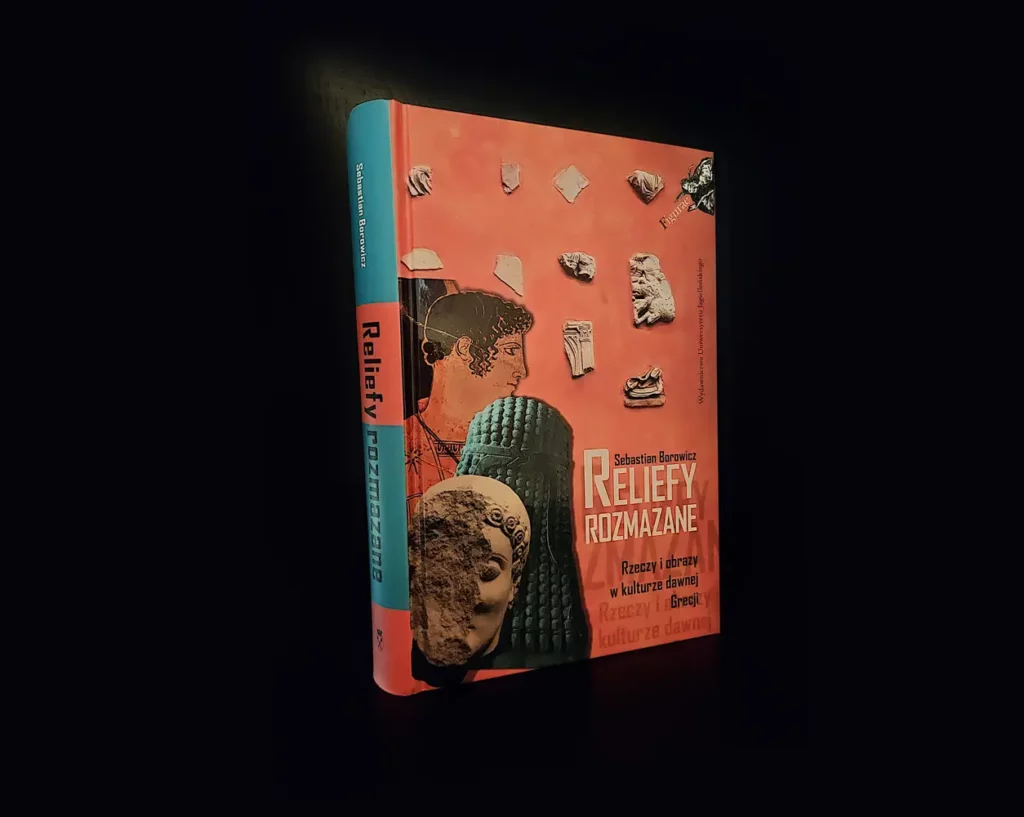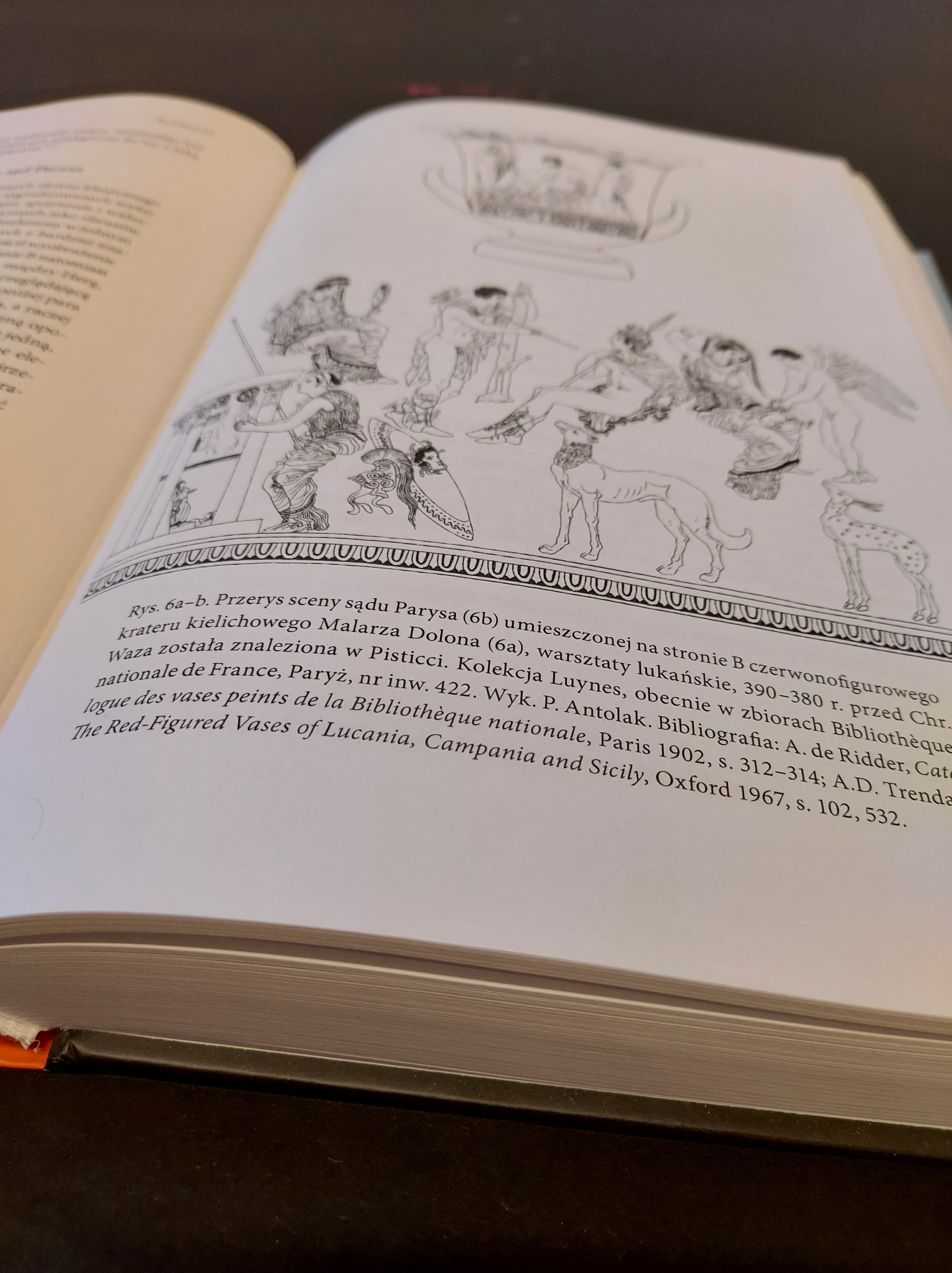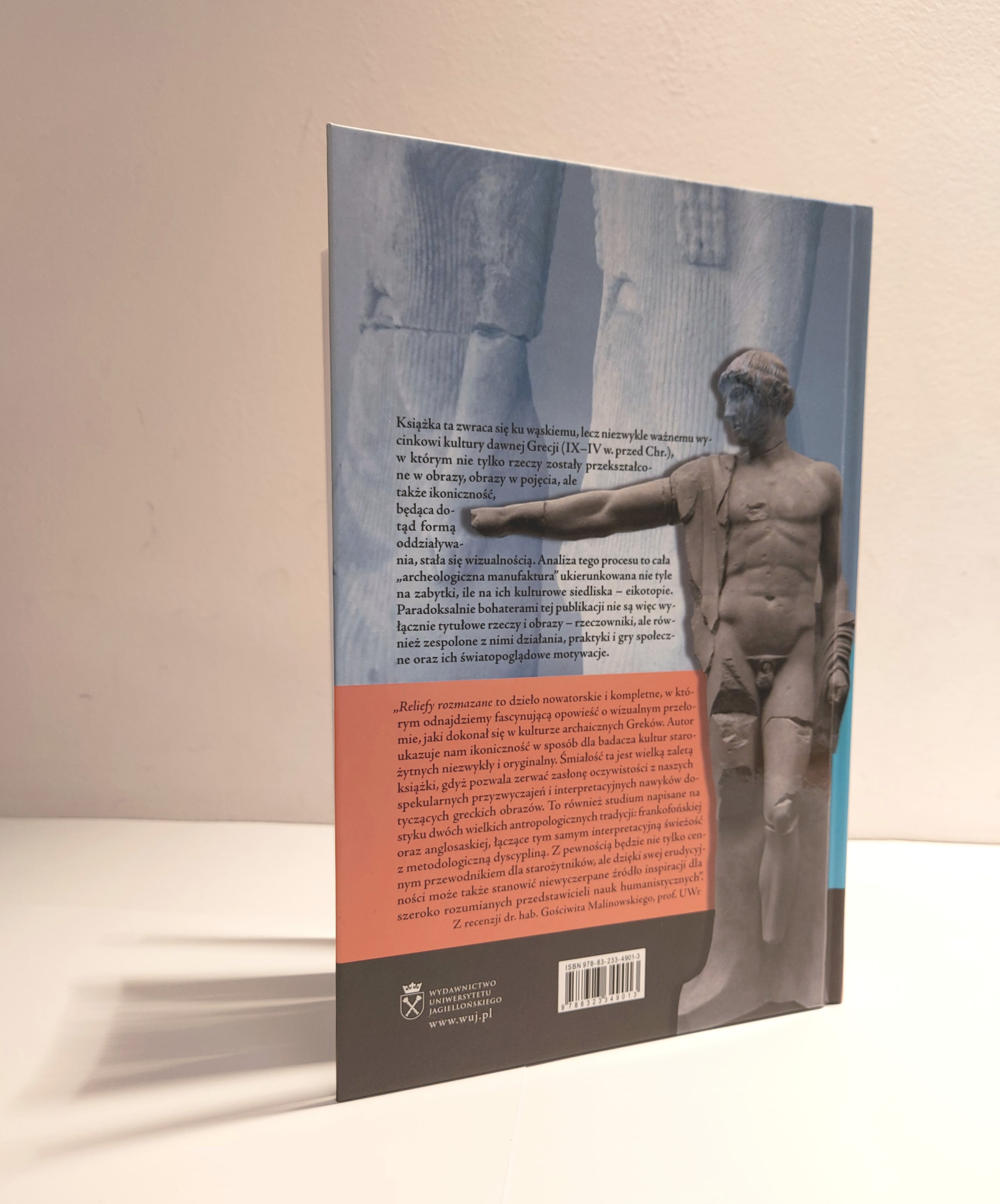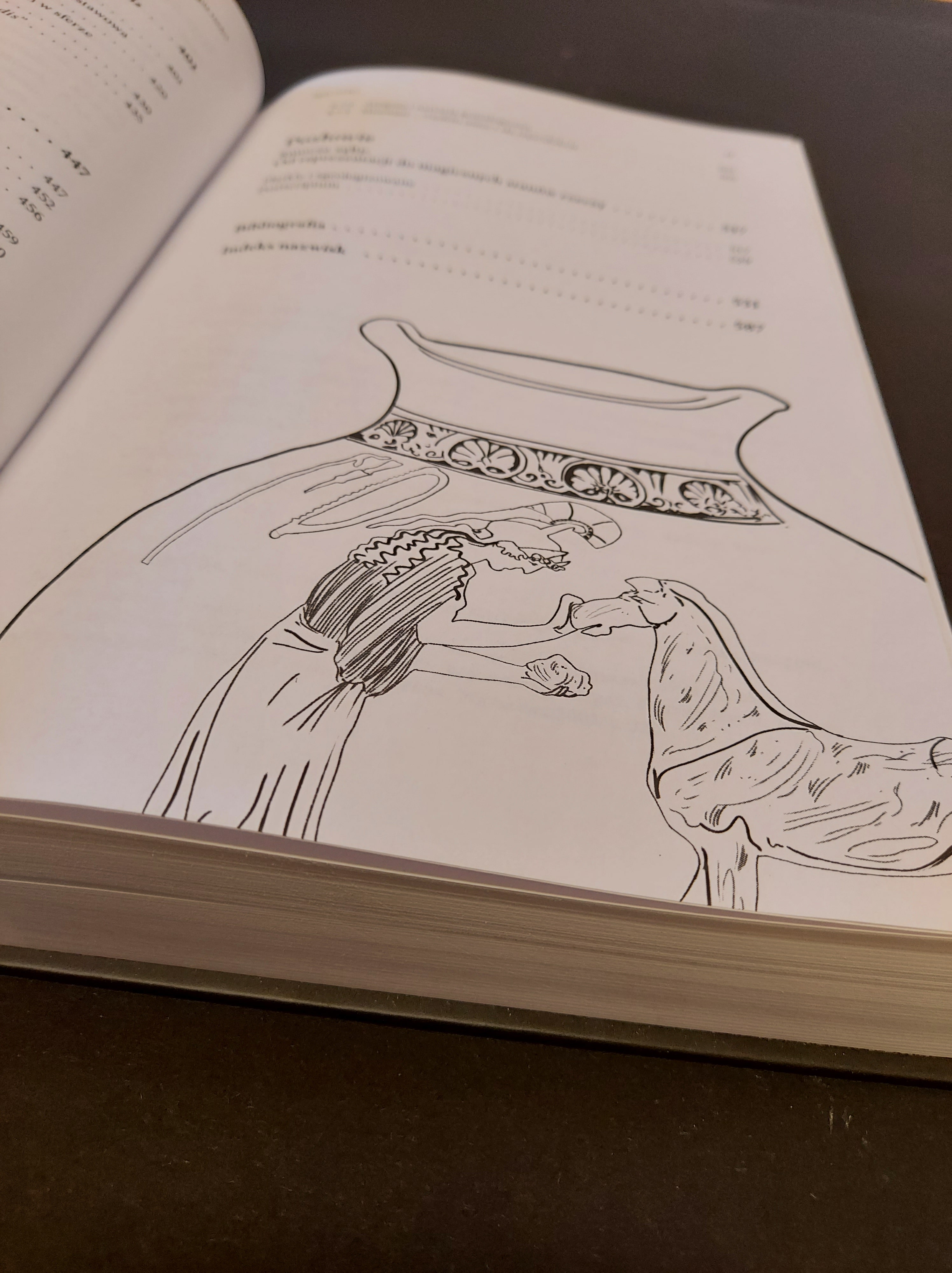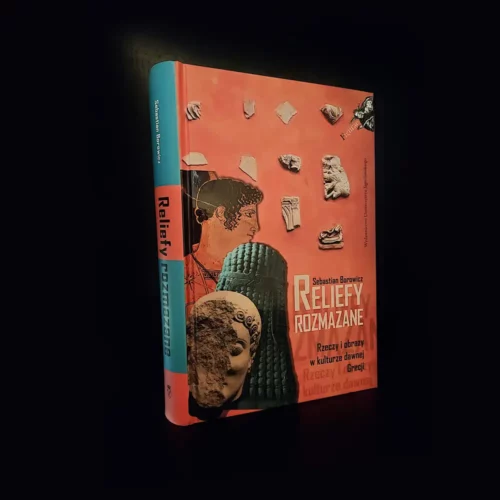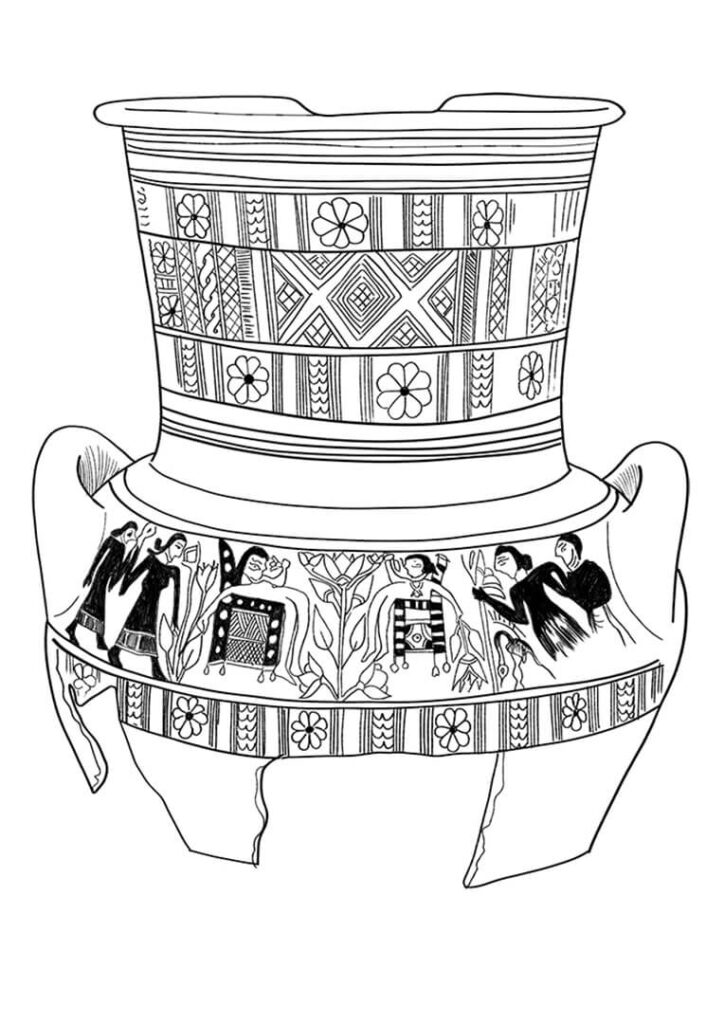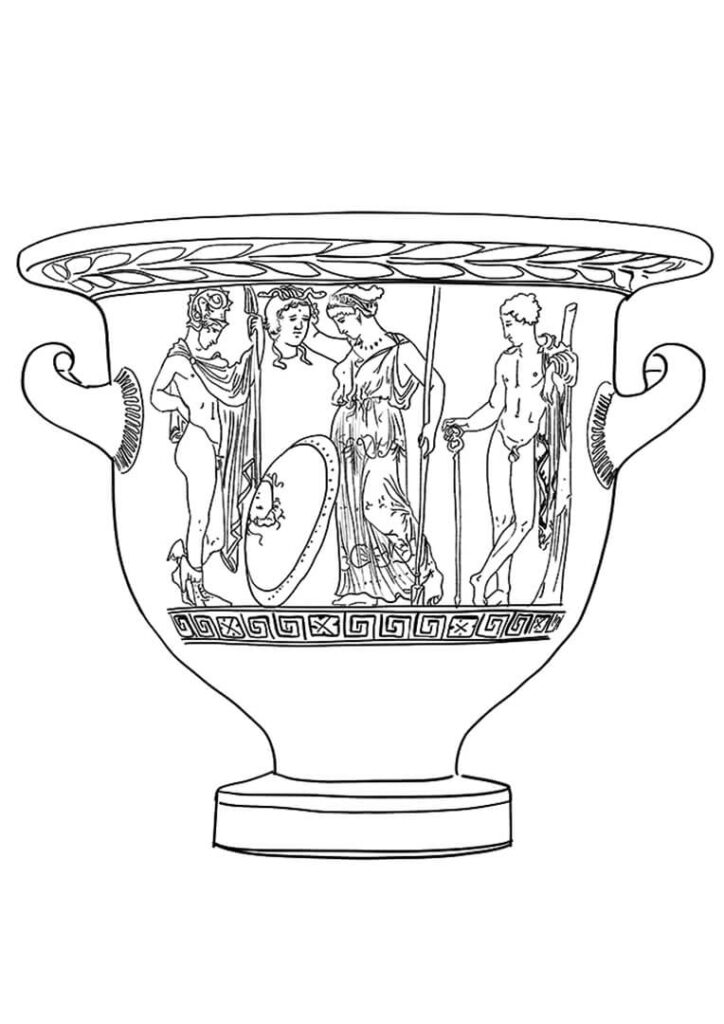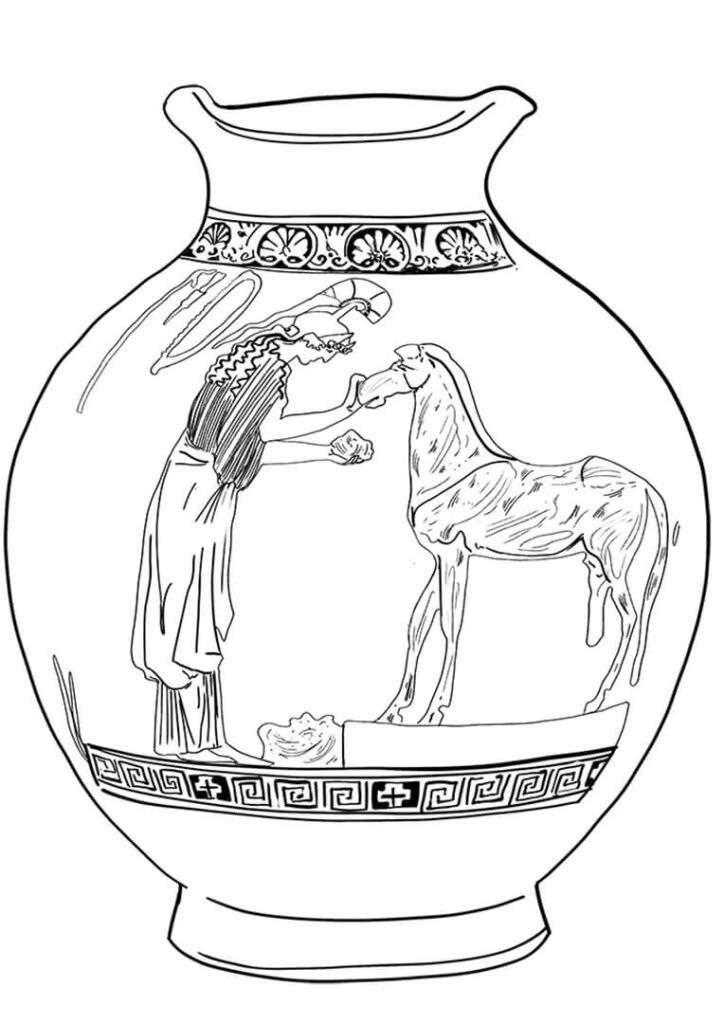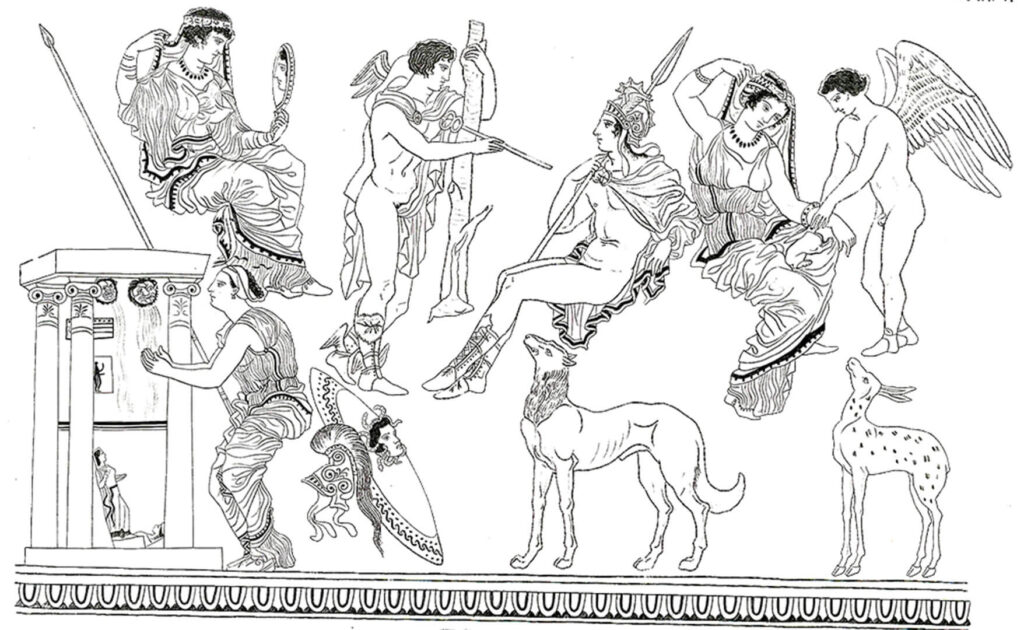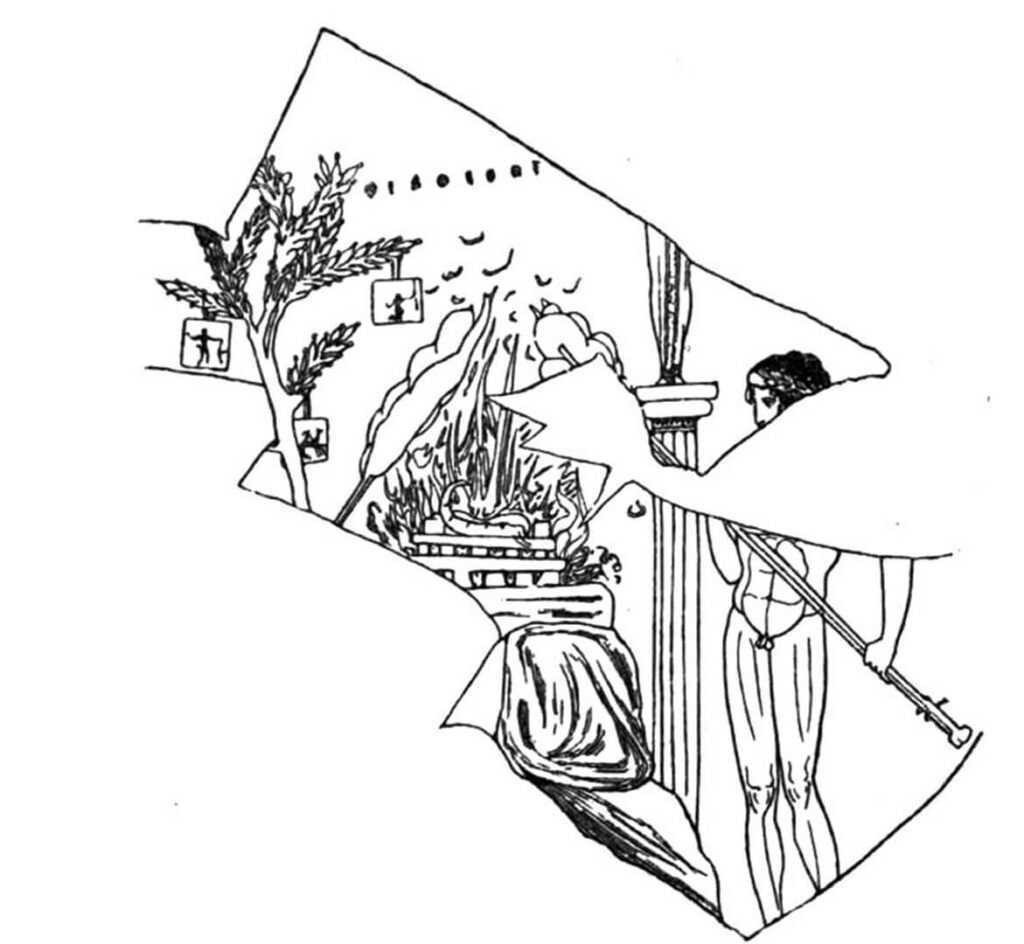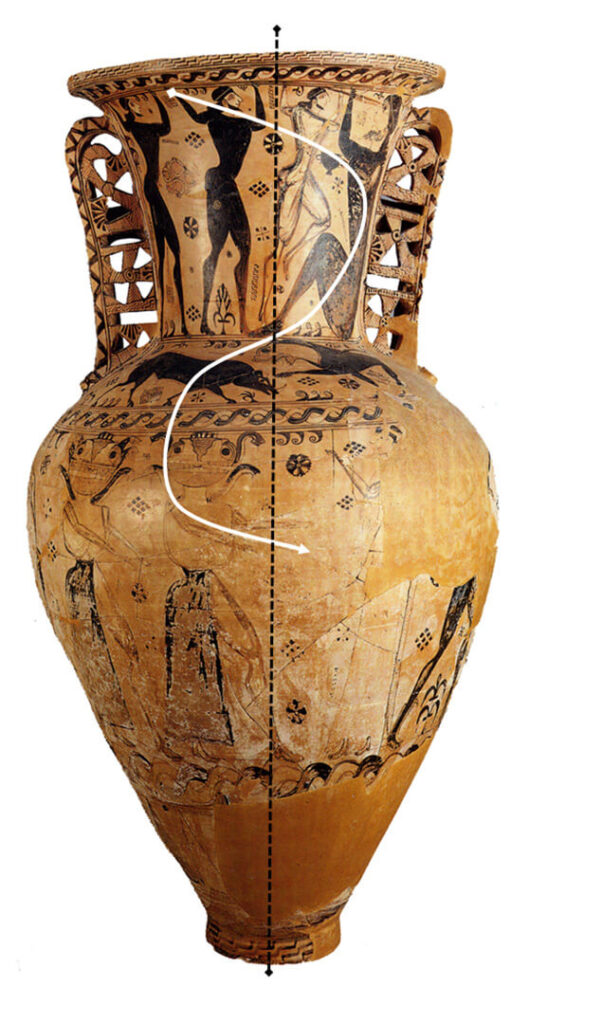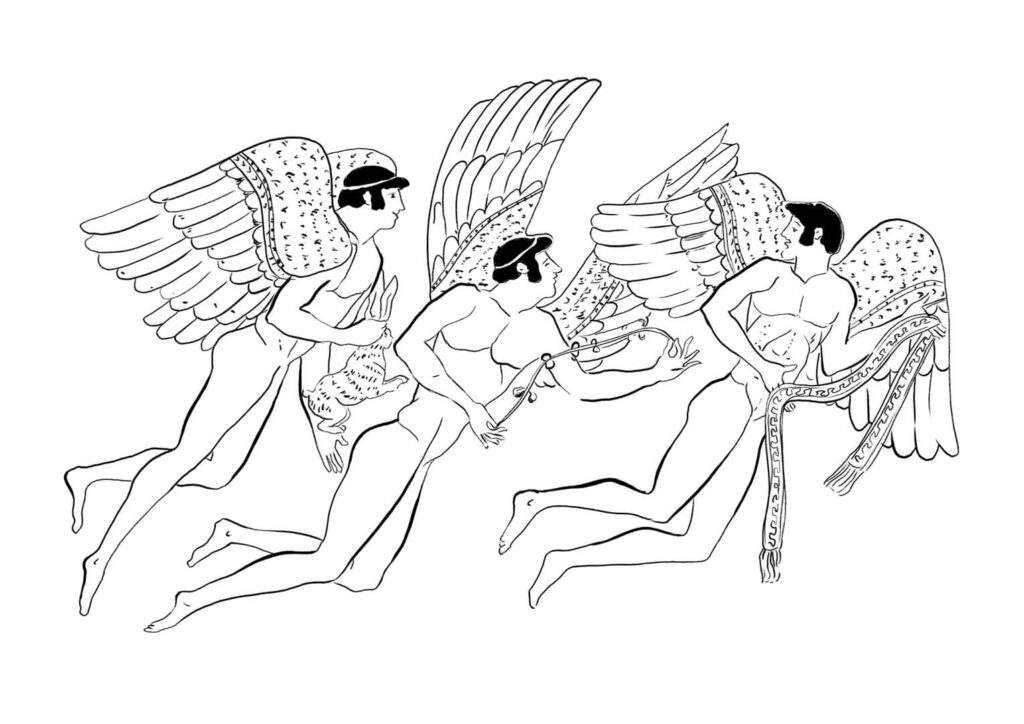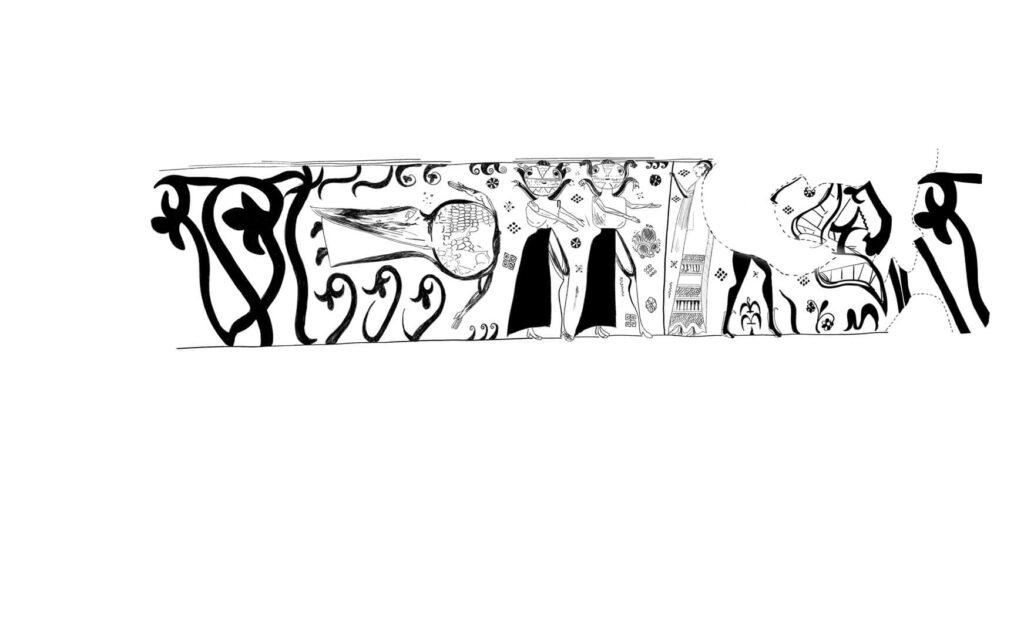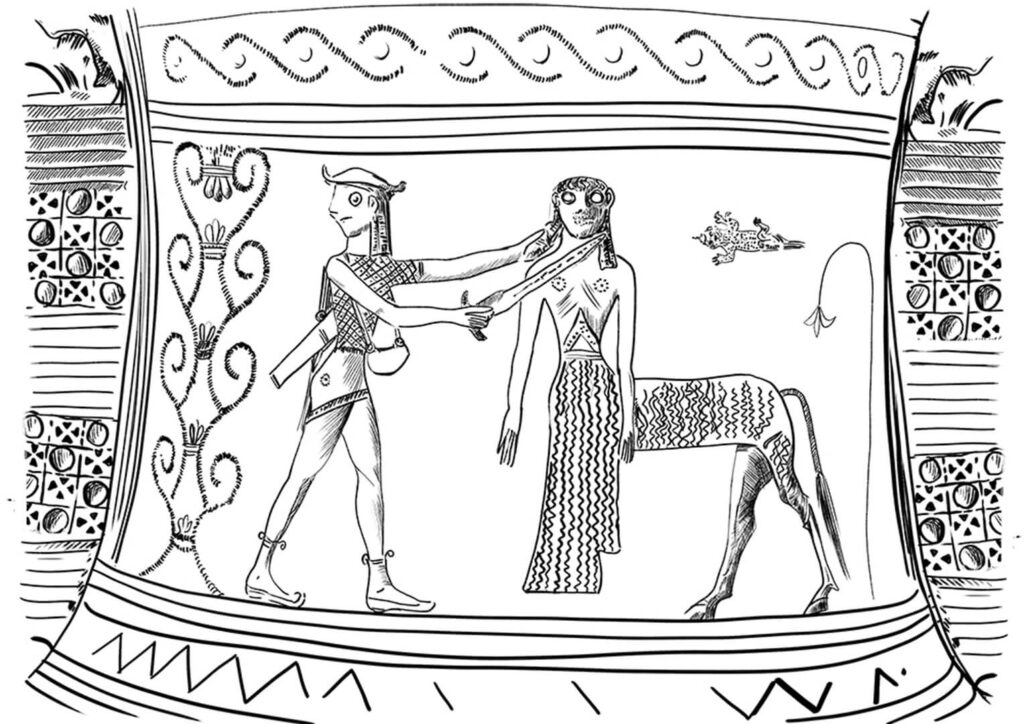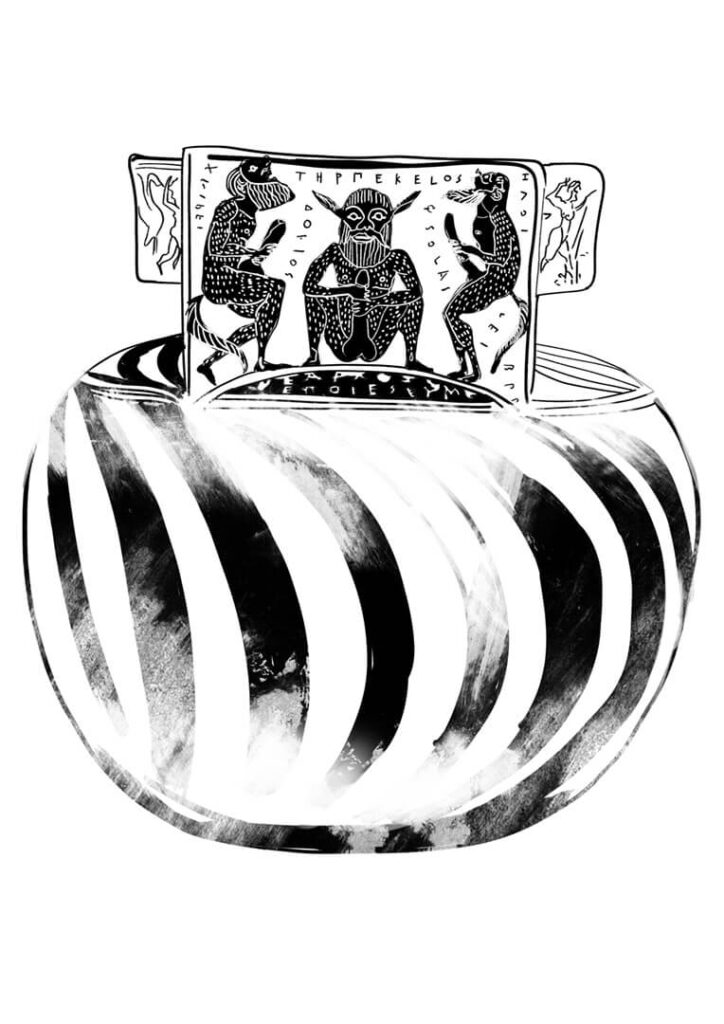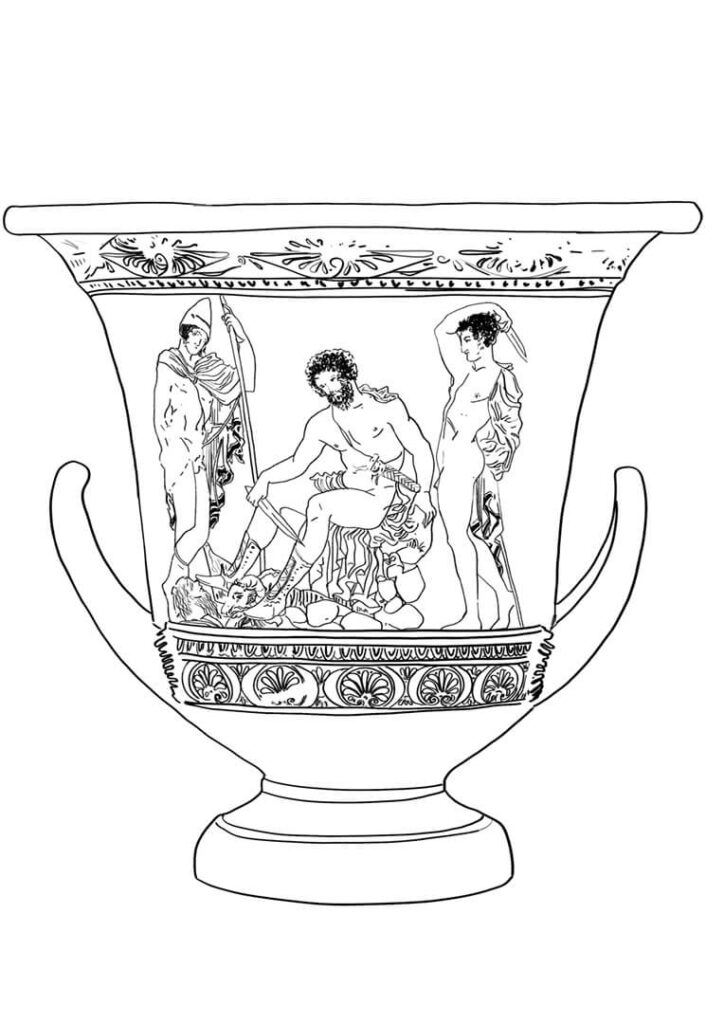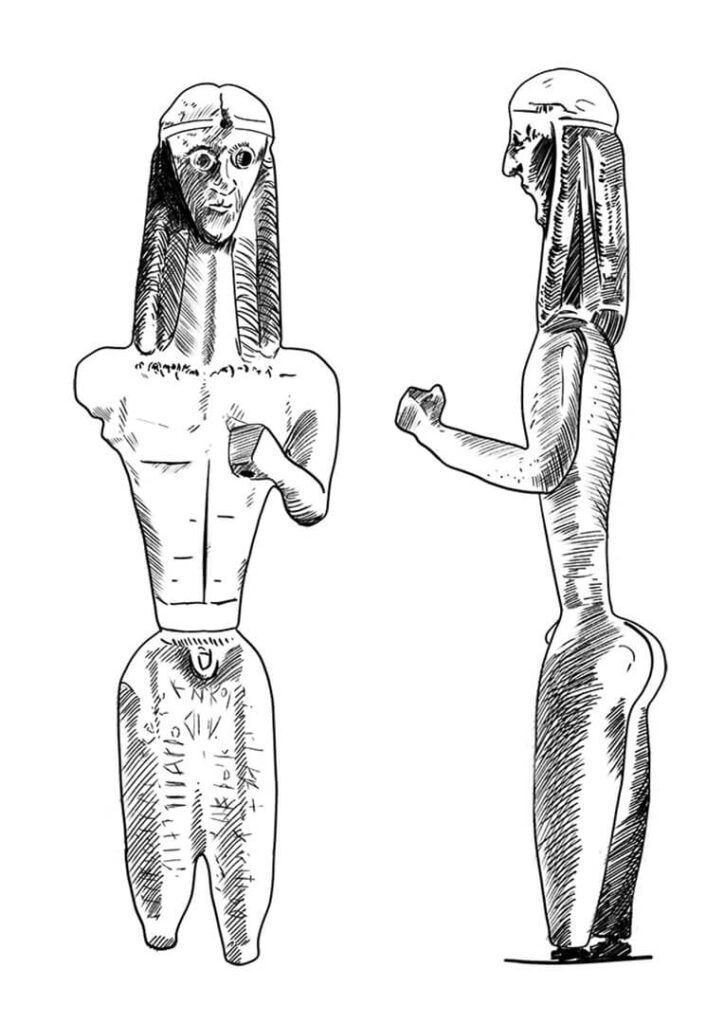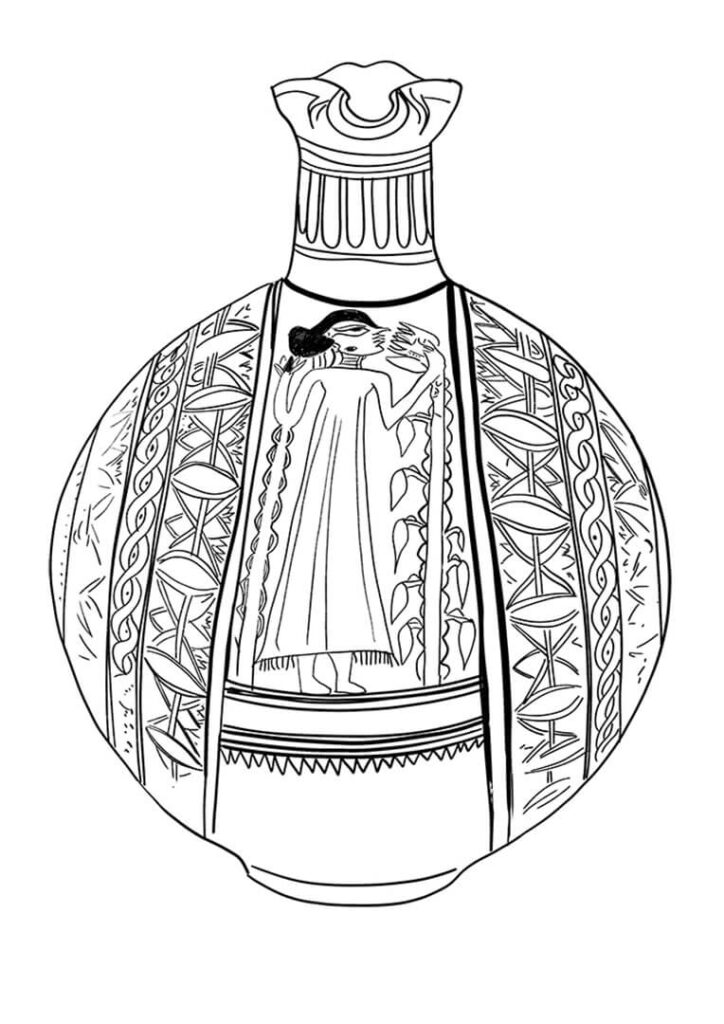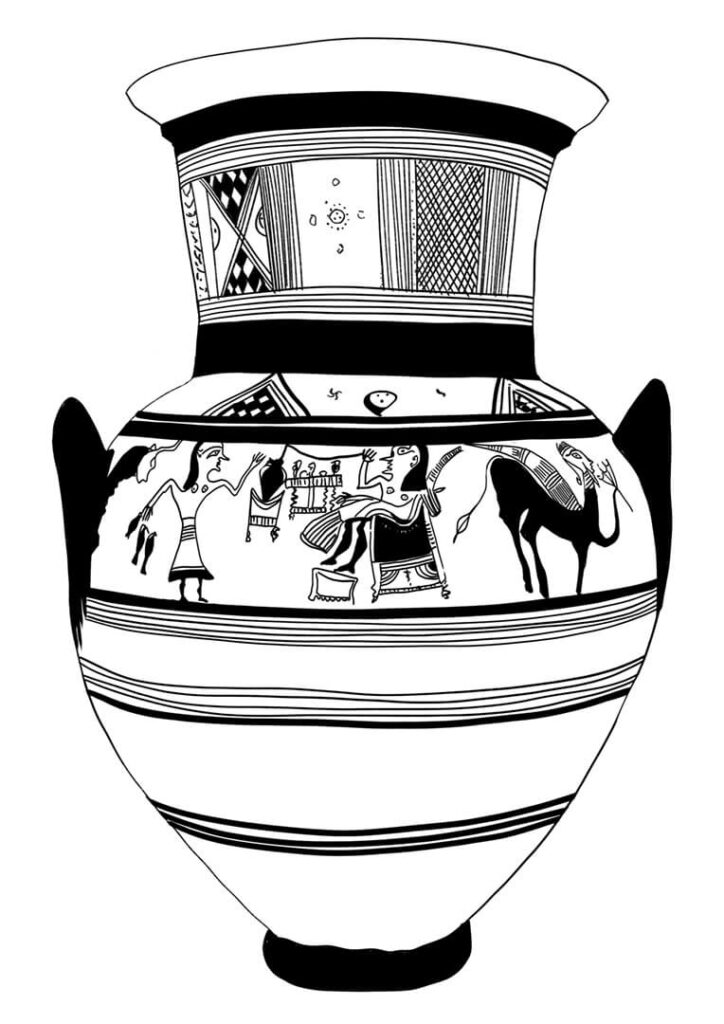We forget all too often that the concept of the image has not always been with us. It represents an intellectual invention of the Axial Age. Thanks to it, the Greek world of the classical era, the brave new world, becomes not only recognisable, but also open to interpretation. The way of thinking and perceiving reality that was formed at that time initiates a particular type of diakrisis culture, which, in its basics, still functions today. Its naturalness, obviousness and rational handiness, however, obscure the archaic world before the age of the image. The question worth asking, then, is: what will we see if we free ourselves from the categories of representation, likeness and image? What will we see if we try to look at the world through the eyes of Homeric Telemachus?
This book turns to a narrow but extremely important slice of ancient Greek culture (9th-4th centuries B.C.), in which not only things were transformed into images, images into concepts, but also iconicity, up to then a form of interaction, became visuality. The analysis of this process is a whole ‘archaeological craft production’ aimed not so much at the monuments as at their cultural habitats – the eikotopies. Paradoxically, the protagonists of this book are not only the eponymous things and images – the nouns, but also the combined with them actions, practices and social games and their worldview motivations. This amalgam acquires here the name of an iconic fact, a produced thing with specific qualities and plastic properties, which is at the same time an image, an event and a state.
We see the past through the eyes of an antiquarian, a museum expert – eyes full of admiration and understanding for the shape of the spout of an Attic vase, for its technological perfection. From this perspective, the world is condemned to be a representation. It is a space of passive, subservient, tame objects. At the same time, it is this silent world that we anticipate; we seek life in it, even though it is dead, offered to us only as a forest of stone representations. The price of acquiring a sense of aesthetic sublimity, of experiencing the beauty that often has a taste of autoerotic satisfaction (but isn’t that what we are after?) is great. If we want to talk about Greek culture, if we want to see more than just stunning, beautiful remains, however, we need to change our mindset. Our task is to reverse for a moment the process of deverbalisation of culture, for ancient Greece is above all a space of active interaction, of embodied, participatory, causal coexistence; it is a verb stagnating over time in ever more beautiful objects.
excerpt from the Foreword
“Smeared Reliefs is a novel and complete work, in which we find a fascinating story of a visual breakthrough in the culture of the archaic Greeks. In order to penetrate this world of thought and action from before the rationalising age of Plato and Aristotle, however, the author does not stop at the mere practical proficiency of a classical archaeologist or a philological knowledge of Greek texts. He uses the thorough theoretical foundation provided by philosophy or deep culturological thought to show us iconicity in a way that is unusual and original for a scholar of ancient cultures. This boldness is a great virtue of the book, as it allows us to tear the veil of obviousness from our speculative and interpretative habits concerning Greek images. It is also a study written at the interface of two great anthropological traditions: the Francophone and the Anglo-Saxon, thus combining interpretative freshness with methodological discipline. It will certainly not only be a valuable guide for antiquity experts, but thanks to its erudition, it can also be an inexhaustible source of inspiration for representatives of the humanities in the broadest sense: cultural scientists, philosophers of art, cognitive scientists or cultural anthropologists”.
dr hab. Gościwit Malinowski, Professor at the University of Wrocław
